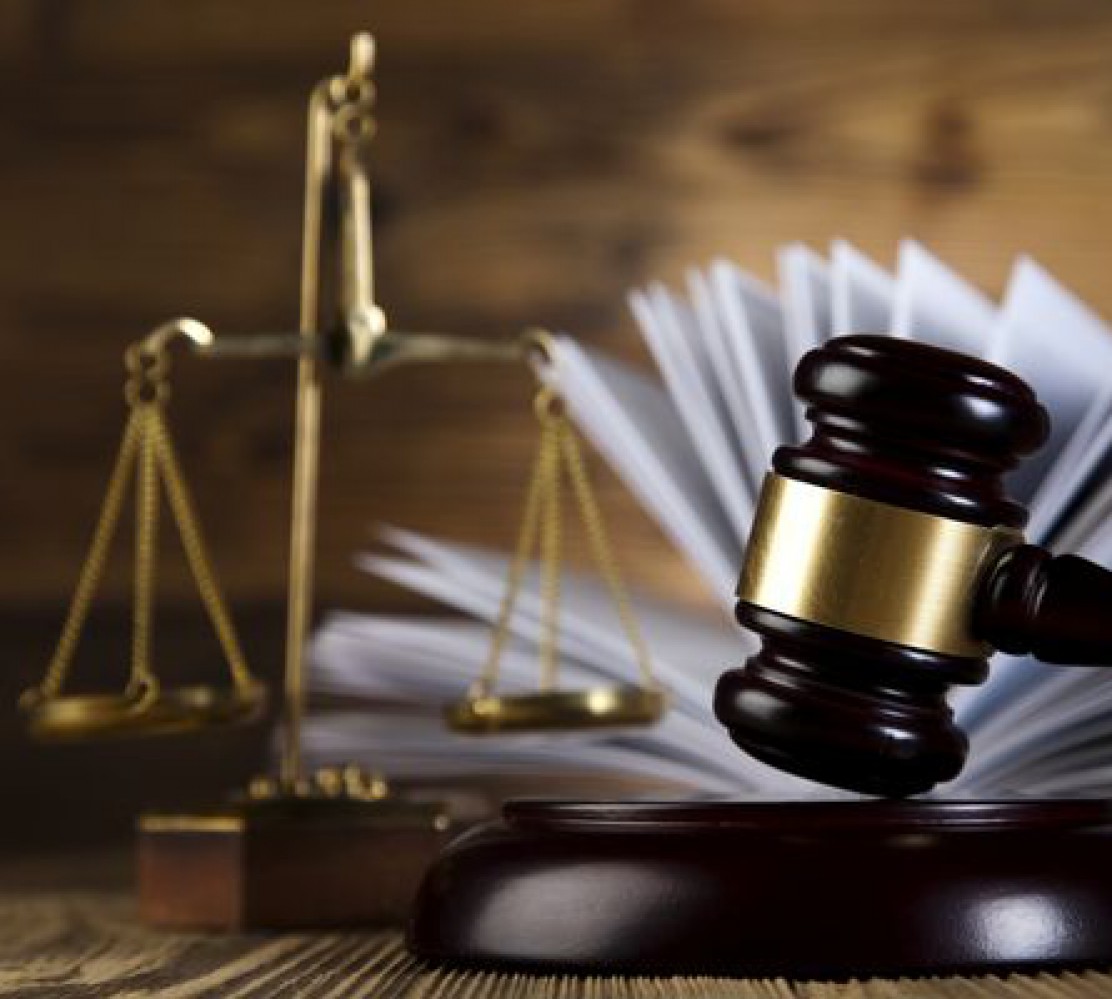Source : Wall Street Journal
By : MIKE SPECTOR
Category : Bail Bonds Sanford, Seminole County Bail Bonds
A Georgia appeals court upheld $40 million in legal damages against Fiat Chrysler Automobiles NV stemming from a Jeep fire that killed a 4-year-old boy. The Court of Appeals in Georgia on Tuesday rejected Fiat Chrysler’s arguments that a trial judge erred last year in allowing certain evidence and in determining damages, among other contentions. The judge had reduced the damages from $150 million that jurors originally delivered against the auto maker for wrongful death and pain and suffering. Fiat Chrysler is “considering our legal options, including asking the Georgia Supreme Court to review this decision,” the Italian-U.S. auto maker said in a statement. The case stemmed from a March 2012 crash that killed Remington Walden, a 4-year-old boy riding in the back seat of a 1999 Jeep Grand Cherokee rear-ended by a pickup truck in Bainbridge, Ga. The Jeep featured a rear-gas tank that leaked after the collision, setting the vehicle ablaze and killing the child.
The Jeep was among more than a million vehicles with rear fuel tanks subject to a “customer satisfaction campaign” in lieu of an official recall as part of a deal reached with federal regulators in June 2013. Fiat Chrysler agreed to recall more than 1.5 million Jeep Grand Cherokee and Liberty sport-utility vehicles with model years ranging from 1993 to 2007 featuring rear gas tanks that regulators deemed an unreasonable safety risk. The company agreed to install trailer hitches on the backs of vehicles for added protection. Fiat Chrysler blamed the fatal Georgia crash on the truck driver hitting the Jeep at a high rate of speed and maintained the 1999 Jeep wasn’t defective and met or exceeded all applicable federal safety standards, including the one for fuel-tank integrity. But jurors sitting for the trial last year told The Wall Street Journal they were persuaded by a medical examiner’s testimony that the Walden boy survived the rear-end collision and later died from a fire linked to the Jeep’s gas tank. Many of them felt the vehicle should have been recalled. They deliberated for less than two hours in April 2015 before finding Fiat Chrysler 99% at fault for the fatal crash and attributing 1% blame to the truck driver.
“Remi’s parents are very appreciative of the Court of Appeals’ decision,” said Jeb Butler, one of the lawyers who tried the case on the family’s behalf. U.S. highway safety regulators in July 2015 hit Fiat Chrysler with a then-record $105 million penalty for lapses spanning nearly two dozen recalls covering millions of vehicles, including older Jeeps with rear-gas tanks. Regulators accused Fiat Chrysler of lagging in installing trailer hitches on the Jeeps. Fiat Chrysler said owners were often unwilling to seek repairs despite the company’s outreach. In the 2015 settlement with regulators, Fiat Chrysler agreed to offer cash to owners of recalled Jeeps to encourage them to get repairs or additional money on top of the value of their vehicles if they traded them in. The Georgia appeals court rejected a number of arguments from Fiat Chrysler, which claimed the jury’s original verdict was motivated by passion and prejudice and a desire to punish the company. The court also dismissed the auto maker’s contention that the trial judge failed to sufficiently reduce the damages. Fiat Chrysler also unsuccessfully protested discussions during the trial of Chief Executive Sergio Marchionne’s income and a suggestion from plaintiffs’ lawyers that the company deserved imprisonment instead of the driver who rear-ended the Jeep. Nor was the court persuaded that the trial judge abused his discretion by allowing plaintiffs to introduce evidence of 17 other rear-end crashes involving Jeeps with rear-gas tanks.
Read more : wsj.com/articles/legal-damages-upheld-in-fatal-jeep-fire-1479250142


















